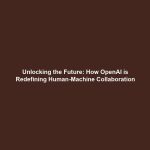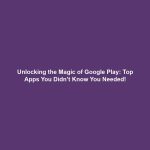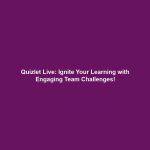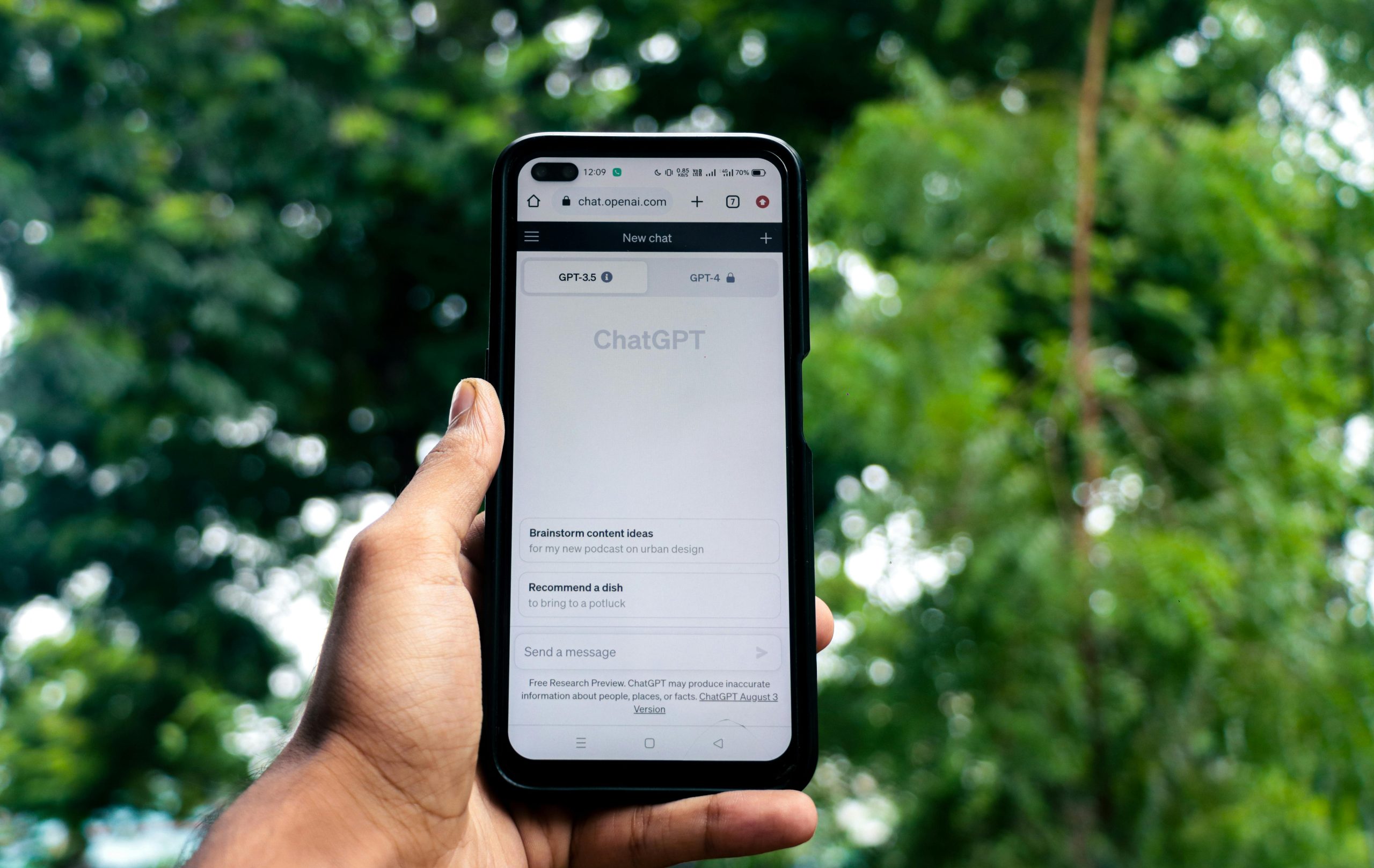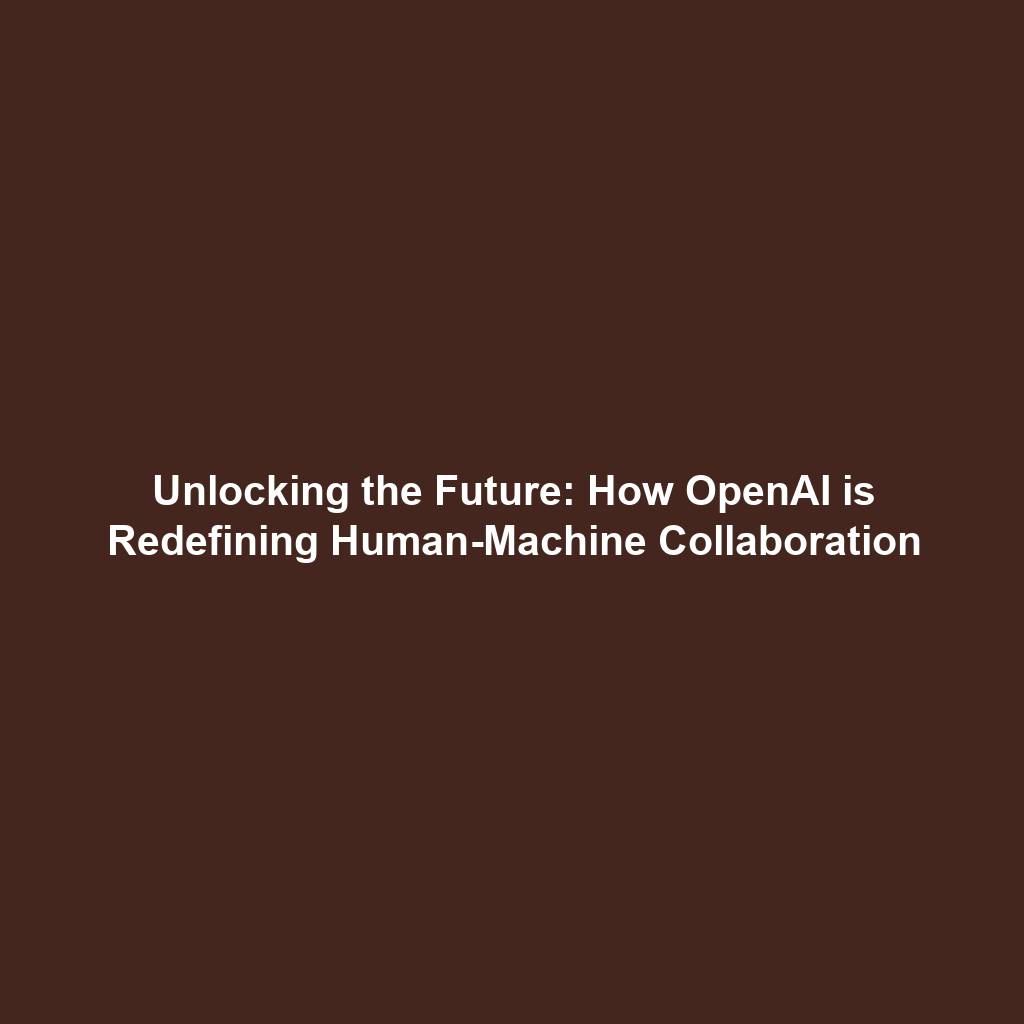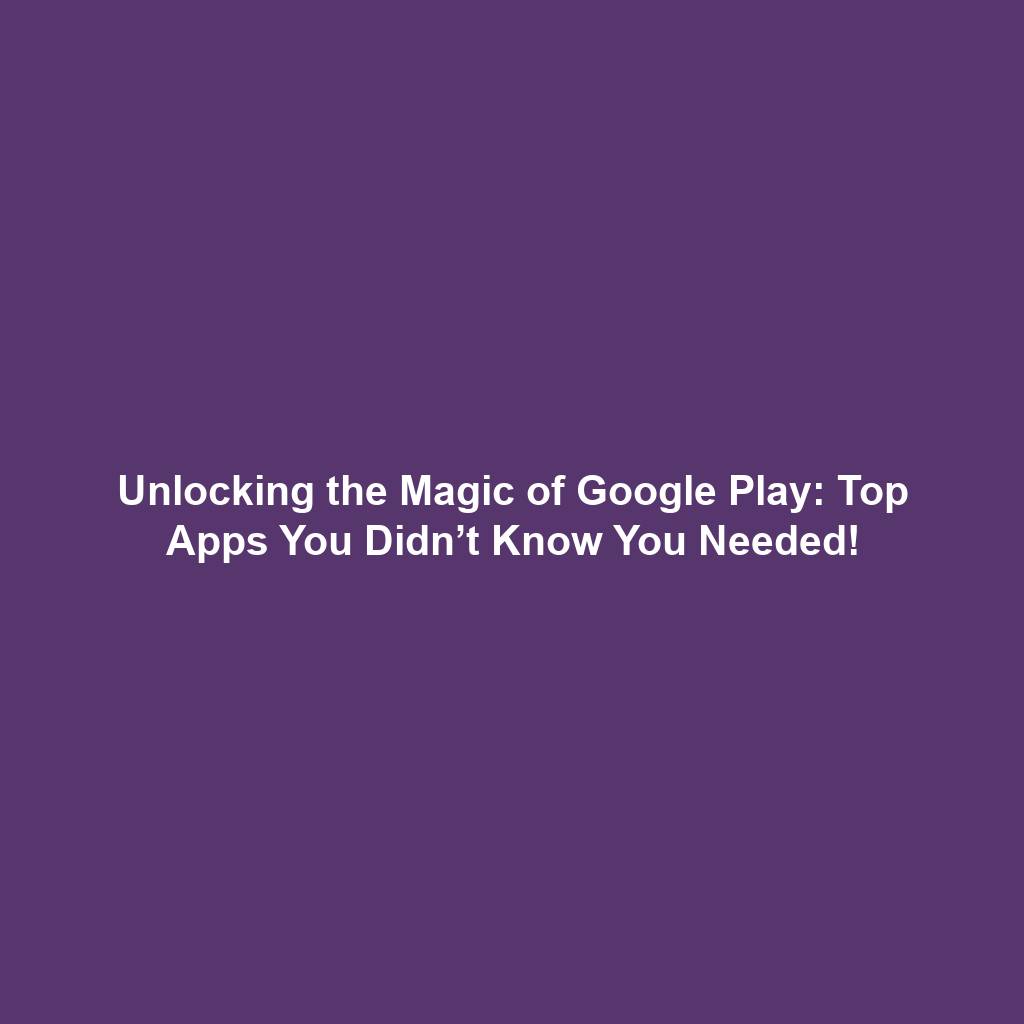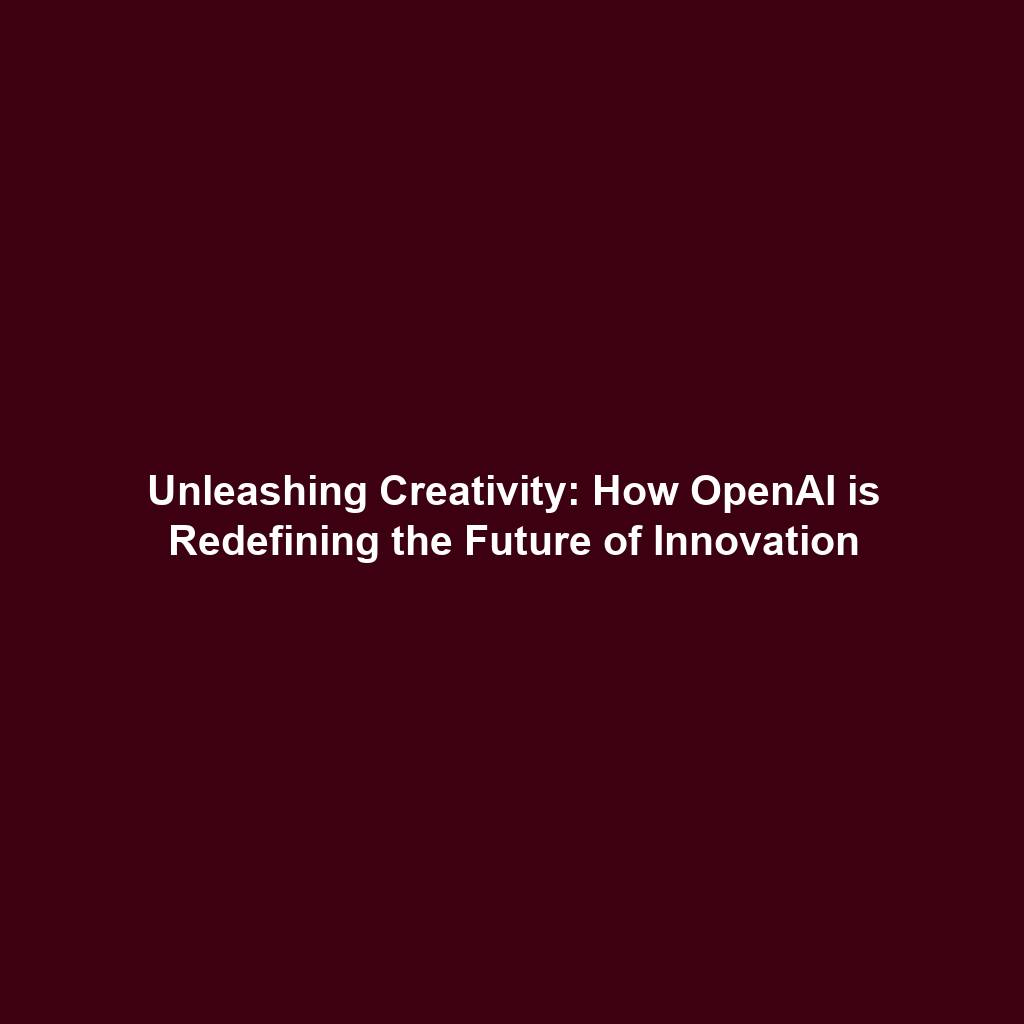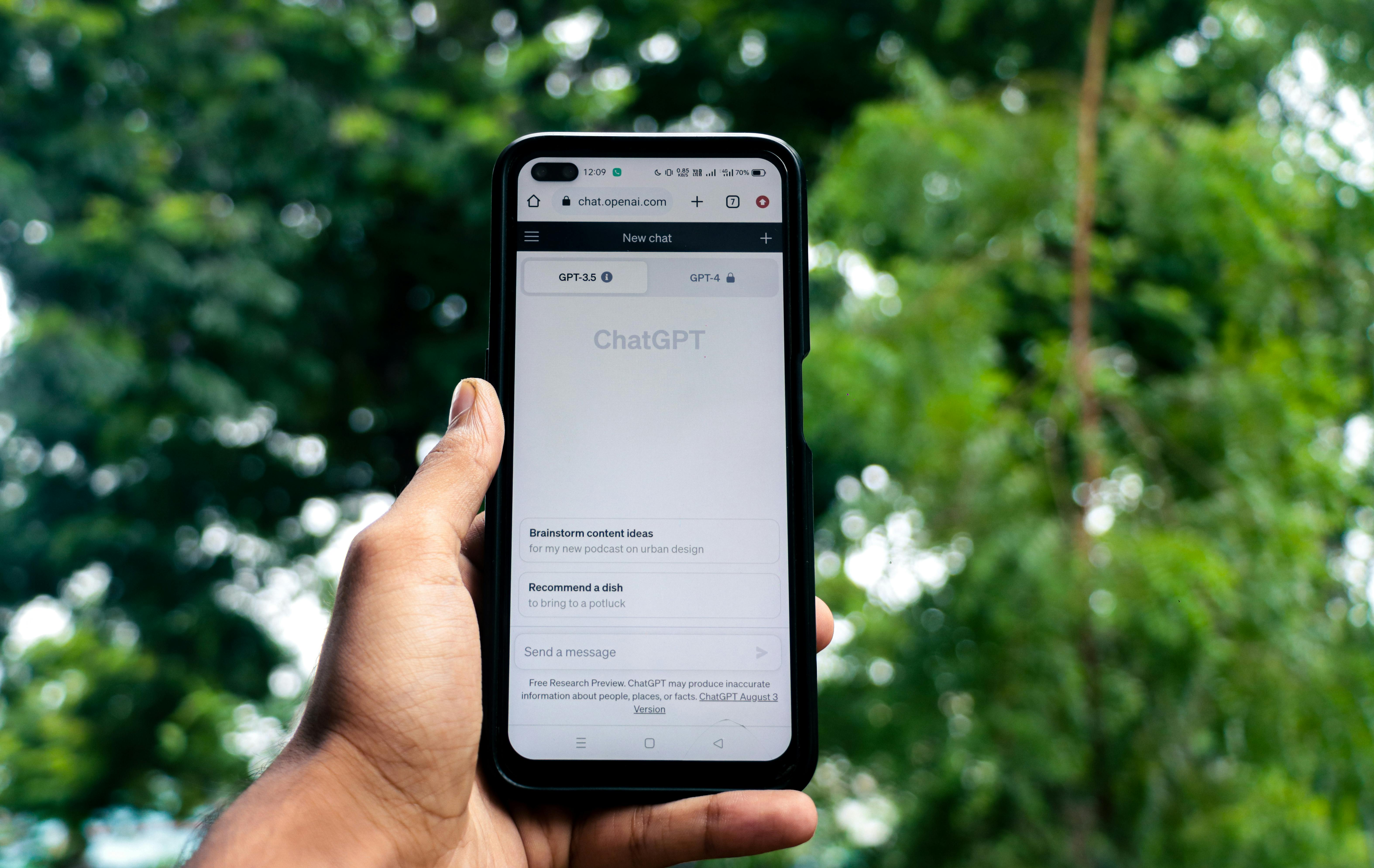
The Titan Under Siege: Incumbent Defenses and User Inertia
The sheer scale of the dominant player in the browser space is legendary. With **Google Chrome** commanding nearly 72% of the global browser market as of September 2025, its position felt like an unbreachable fortress. This massive, installed user base—estimated at roughly 3 billion users —is the incumbent’s greatest defense, built on years of habit and deep operating system integration.
The Billion-User Moat and the Rapid AI Retrofit
The incumbent hasn’t been caught napping, though. They recognize that simply being the default is no longer enough. Google has been moving fast to counter the foundational shift Atlas represents. We’ve already seen the rollout of its **Gemini AI model** deeper into Chrome, beginning in September 2025, signaling an intent to add agentic capabilities to rival Atlas’s preview features. Similarly, Microsoft continues to bolster its Edge browser with its own AI enhancements. However, there is a crucial difference between *adding* an assistant to an existing browser and *building* a browser around one. Atlas, by being purpose-built, flips the script: the AI response comes first, and the traditional list of links is secondary, tucked behind a tab. This architectural inversion—a true paradigm shift in user expectation—is what makes Atlas such a potent threat to the incumbent’s business model, which has historically relied on users clicking through those traditional links to power its vast advertising engine.
The Migration Hurdle: Why Billions Don’t Switch Browsers. Find out more about ChatGPT Atlas browser competition strategy.
Here’s the million-dollar question: Can a challenger, even one backed by the most popular chatbot in the world, convince billions of users to abandon a service deeply woven into their digital fabric? User inertia is a powerful, often underestimated force. People stick with what works, even if it’s merely “good enough.” Atlas is tackling this head-on by offering an easy on-ramp. Its launch materials proudly state that users can “bring your saved passwords, bookmarks, and browsing history from another browser”. This is a vital, actionable piece of information for anyone contemplating the switch; it removes the tedious setup barrier. Yet, for the average user whose primary use case is checking email or reading news, the perceived convenience of the AI sidebar has to dramatically outweigh the mild inconvenience of switching default applications. If you’re looking for deep dives on how platform lock-in affects software adoption, check out our article on platform lock-in strategy.
Beyond the Duopoly: The Rise of Specialized Answer Engines
Atlas is not entering an empty field; it’s entering a crowded, dynamic arena shaped by nimble startups forcing the pace of innovation. These companies, often labeled **”answer engines,”** are proving that the traditional ten-blue-links model is ripe for disruption.
Perplexity’s Comet and the ‘Browse For Me’ Effect
One of the most significant recent competitors is **Perplexity**, which launched its AI-first browser, Comet, publicly worldwide in October 2025 after an initial limited and paid-for run. Comet is architected around conversational, search-augmented browsing. Its strength lies in its speed at synthesizing pages and executing multi-step tasks. It’s these specialized tools that are accelerating the entire industry. They are demonstrating what is possible, forcing Google and OpenAI alike to incorporate more advanced features. A key feature these engines prioritize is the ability to deliver *cited* answers directly, often eliminating the need for the user to click away from the search interface at all. For those trying to master the new search landscape, understanding the mechanics behind these engines is crucial—you can read more about effective use cases in our guide on AI search optimization.
The New Breed: From Search Engine to Digital Butler. Find out more about ChatGPT Atlas browser competition strategy guide.
The concept of a dedicated browsing shell that acts as a cognitive partner is quickly becoming the standard for new entrants. We’ve seen **The Browser Company** pivot its Arc browser into **Dia**, which was subsequently acquired by Atlassian for its deep AI integration and productivity focus. This acquisition signals that enterprises see value in AI-native interfaces that understand context across open tabs, moving the functionality of productivity suites directly into the browser itself. These agile competitors are pushing the boundaries by testing features that are now becoming table stakes:
The takeaway here is clear: the browser is evolving from a passive window to an active, performing agent.
The Market’s Verdict: Billions in Value Hang on the Browser Bar
The financial markets do not care about abstract technological potential; they care about revenue streams. The launch of Atlas was immediately priced into the stock market, proving that Wall Street views this competition as an existential threat to established business models.
The Immediate Financial Shockwave
The mere *announcement* and preceding “teasers” from OpenAI caused a measurable, nervous reaction. Shares of Alphabet, Google’s parent company, suffered a noticeable decline. Reports indicated a drop of 1.8% to 3% in afternoon trading following the news, collectively wiping out approximately $18 billion in market value at one point. This volatility is the market’s way of saying: “We believe the narrative.” The recognition is that the next generation of internet portals—the gateway to all digital activity—is genuinely up for grabs. The market fears that if Atlas can convert even a fraction of ChatGPT’s 800 million weekly active users, the impact on Google’s ad revenue will be severe.
The Ad Revenue Threat: Why Browser Share Equals Ad Share. Find out more about ChatGPT Atlas browser competition strategy strategies.
To understand the panic, you must understand the economics. Google Chrome’s dominance is not a product success in a vacuum; it is the primary distribution channel for Google Search, which generated an estimated $237 billion in advertising revenue for Alphabet in 2024, accounting for 77% of its total revenue.
If users bypass traditional search result pages (SERPs) because the AI browser gives them a synthesized, direct answer, Google’s ad inventory shrinks. It’s a fundamental re-routing of attention away from the ad-supported model.
Analysts modeled that even a modest 5% conversion rate from ChatGPT’s user base to Atlas could instantly translate to tens of millions of users migrating away from the search-link ecosystem. This is why the incumbent is being forced to accelerate its own AI integrations; they cannot afford to let users stay inside a competitor’s walled garden, regardless of how familiar the underlying Chromium engine might be. For a deeper dive into the revenue models of the new internet economy, consider our analysis on new digital monetization.
The Content Ecosystem Trembles: New Distribution Partnerships
The competitive pressure of the **AI browser ecosystem** doesn’t stop at the software layer; it’s reshaping the entire content distribution landscape. Publishers, from major news organizations to niche blogs, are watching their traffic models erode in real-time.
Publishers’ New Reality: Being Summarized vs. Being Visited
Historically, Google Search was the primary funnel, driving traffic to original source websites, which in turn generated pageviews and ad revenue for the publisher. AI-generated answers present a structural problem: they extract the *value* (the information) without necessarily providing the *referral traffic*. Users get their summarized answer from the Atlas sidebar and have no need to click the original source link. This has led to a frantic new scramble for revenue security. Major content providers are actively engaging in new commercial arrangements with emerging AI platforms. These deals are designed to ensure their premium, often paywalled, content remains accessible and discoverable within these new AI-curated environments. This signals a fundamental, perhaps permanent, change in how digital journalism secures its future readership. Publishers must now negotiate with the AI gatekeepers as much as they optimize for traditional search visibility.
The Road Ahead: Atlas’s Trajectory and Agentic Evolution. Find out more about ChatGPT Atlas browser competition strategy overview.
The launch of Atlas is not the end of the story; it’s the first shot fired in a prolonged technological arms race. The coming months will be defined by iterative refinement, platform expansion, and the intense battle over user trust.
Mastering the Agent: From Supervision to Autonomy
The immediate, non-negotiable metric for success for Atlas and its rivals will be the **Iterative Refinement of Agentic Capabilities**. Right now, “Agent Mode” is in preview for paying users, allowing it to handle tasks like researching or building a shopping list. However, current agent systems still struggle with ambiguity, complexity, and maintaining context over long, multi-session goals. The primary goal for development is to reduce friction to the point where human supervision becomes *optional* for routine tasks, not mandatory. Think of asking Atlas, “Plan my weekend trip to the coast based on last month’s budget discussion,” and having it autonomously handle flight searches, hotel price comparisons, and itinerary drafting without error. This level of reliability is the true prize.
The Platform Chasm: Closing the Windows/Mobile Gap
A glaring tactical weakness at launch is platform exclusivity. Atlas is currently only available on macOS. This is a significant market constraint because Windows holds a massive 76.3% of the global desktop operating system market share as of September 2025. For Atlas to truly displace incumbents, it needs parity across the entire computing stack: Windows, iOS, and Android. The successful porting and feature consistency across these platforms will be the critical milestones in the next year. If the experience on a smartphone is significantly degraded compared to the desktop, the inertia that protects Chrome will remain strong on mobile devices.
Trust, Safety, and the Sovereignty Test. Find out more about Refining agent mode reliability for complex goals definition guide.
As the agent’s capabilities increase, so does the required standard for security and accountability. The industry has seen severe warnings and user incidents linked to AI misuse in the past year, making trust paramount. For a browser that logs what you do—your “browser memories”—the privacy implications are vast and, frankly, chilling. Atlas has introduced new controls, like the ability to turn off visibility site-by-site, and by default, browsing data is not used for model training unless opted-in. However, the industry consensus *must* evolve toward new, verifiable standards for transparency and safety guardrails. This will inevitably involve the slow grind of evolving legal and regulatory frameworks. Ultimately, the entire system hinges on **Personal Digital Sovereignty**. Users must feel empowered, not spied upon. The most successful browser will be the one that demonstrates an ironclad, auditable commitment to user control over personalized memory, interaction logs, and data usage policies. That delicate balance between supreme utility and absolute privacy will dictate the ultimate shape of the next iteration of the internet experience. For those interested in the deep technical side of data handling, we have a detailed whitepaper on establishing new AI security standards.
Key Takeaways and Your Next Steps
The launch of ChatGPT Atlas has officially broken the stagnation in the browser market. The war is no longer about speed or security patches; it’s about cognitive partnership. Here are your actionable takeaways as a user navigating this new environment:
- Audit Your Browser’s Role: Stop viewing your browser as just an application. It is now your primary AI interface. Determine which company’s foundational model you trust most—OpenAI, Google, or a third party—as that choice will dictate your digital experience.
- Test the Agent Capabilities (Cautiously): If you are a paid subscriber, enable the agent mode or equivalent features in your current browser setup (e.g., Chrome’s planned capabilities) and Atlas. Look for where the AI successfully completes multi-step tasks without error, and note exactly where it breaks down. Reliability is the key metric for productivity.
- Scrutinize Memory Controls: Atlas explicitly uses “browser memories” to personalize assistance. Go into the settings of every AI tool you use today (browser or chatbot) and explicitly turn off data sharing for model training and review what memories are being stored. Control over your digital footprint starts now.
- Watch the Publishers: Keep an eye on the content you read. If your favorite news source starts running subscription-only ads within a browser’s sidebar, you’ll know that content distribution partnerships have officially solidified around the new AI gatekeepers.
The next 12 to 18 months will see a frenetic pace of feature parity and competitive leaps. The market has already signaled that the fight for the web’s gateway is ON. What do you think? Is the convenience of an AI agent worth the cost of deeper data integration, or will privacy-first options like DuckDuckGo’s AI search capture the wary majority? Let us know your thoughts in the comments below!
